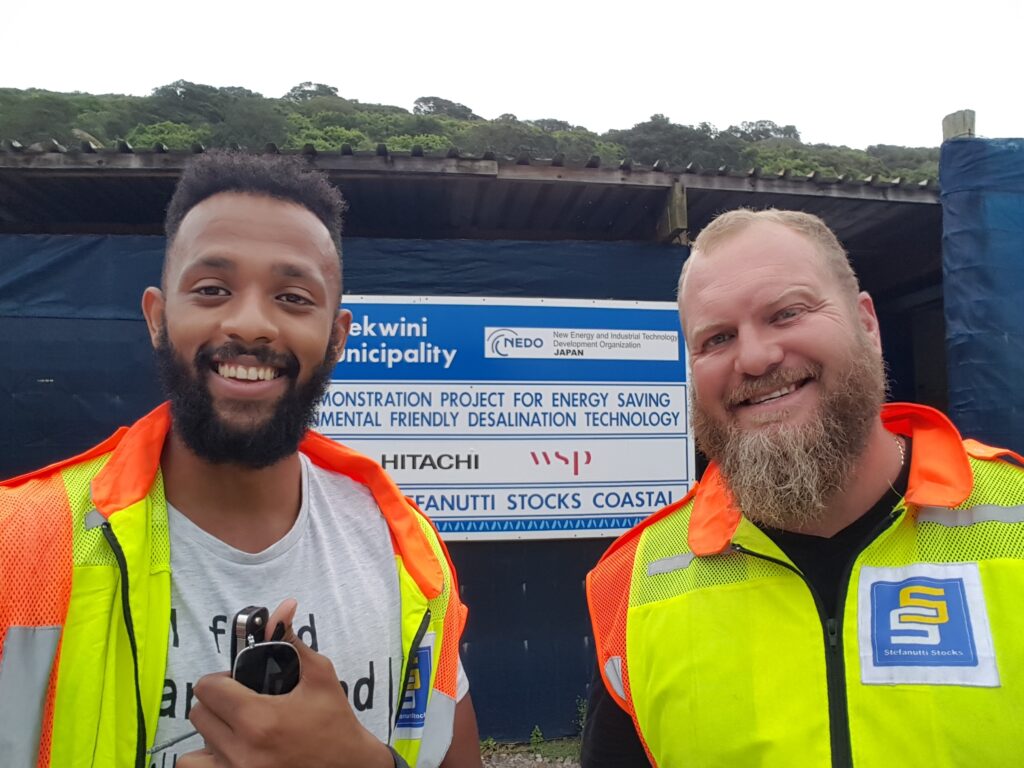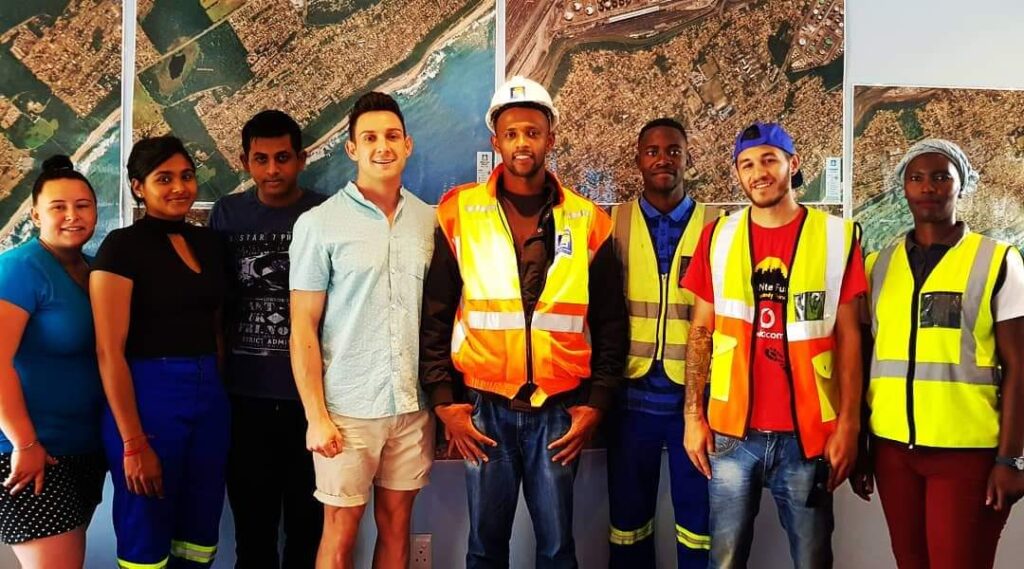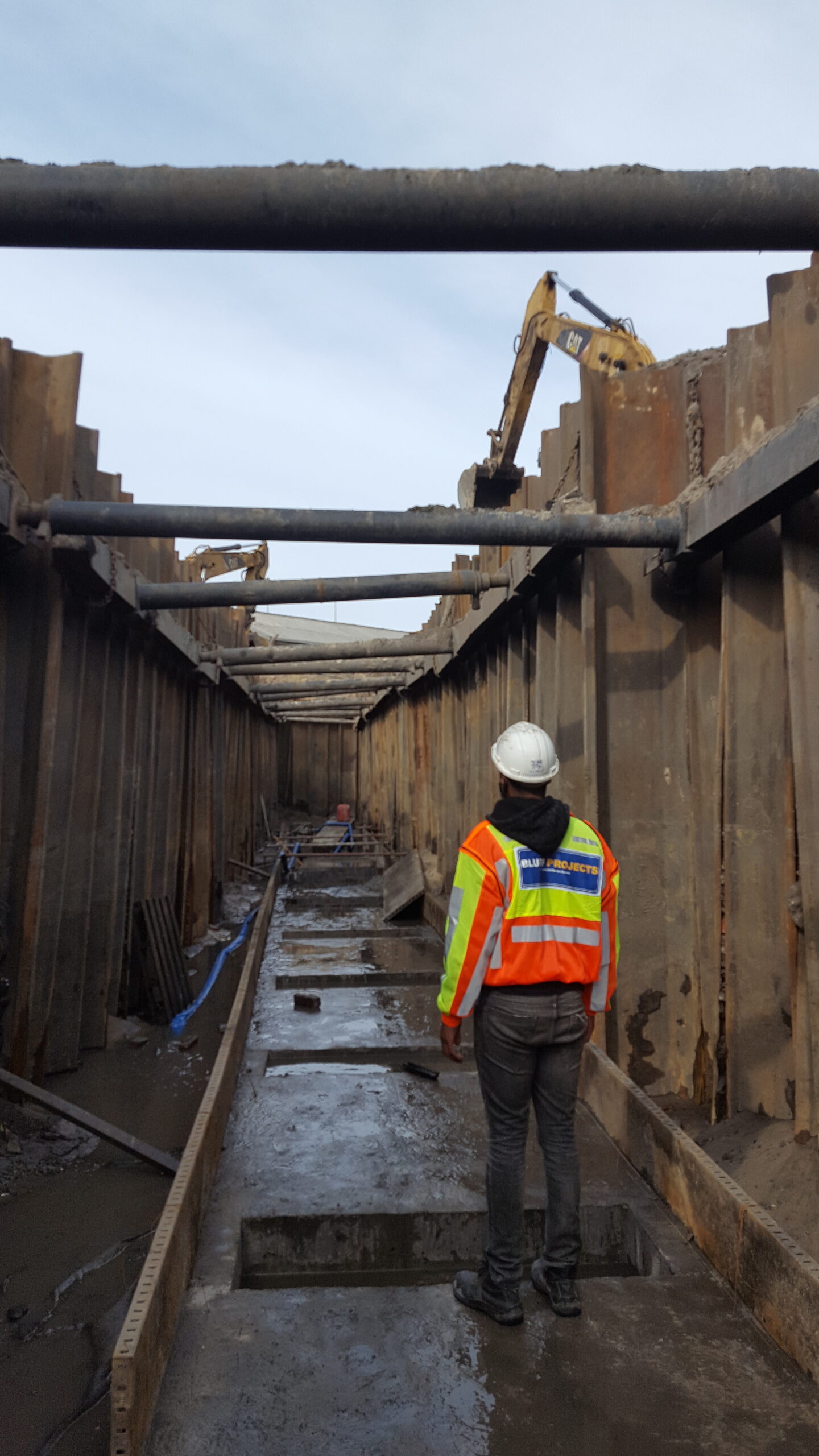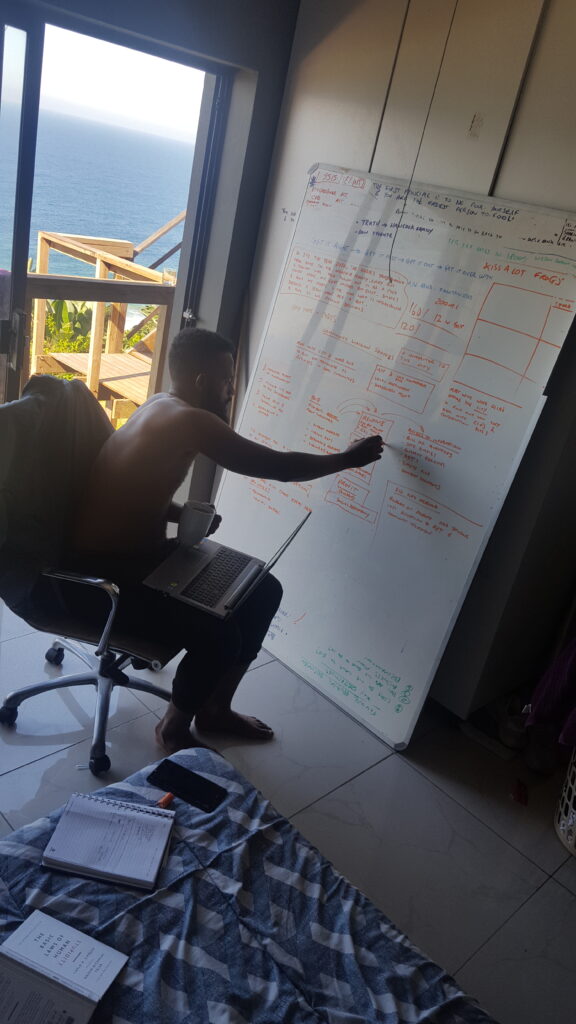
In October 2017, a massive storm swept through parts of KwaZulu-Natal, causing widespread destruction in suburbs like Bluff and Amanzimtoti. The storm left homes damaged and entire neighborhoods reeling. It was during this chaotic time that I found myself at a crossroads—a turning point that would eventually lead to the inception of Local-Link, a project that’s been in the making since 2018.
I still vividly remember the day after the storm. The power was out, and I headed to the local library, hoping to charge my laptop. While there, I recognized JP Prinsloo, our local Ward Councillor, a young man not much older than I was at the time. I had met him a few weeks earlier and was struck by his youth and ambition. That day, I mentioned that I had some skills with spreadsheets and offered to help in any way I could. To my surprise, JP welcomed the offer, and I soon found myself part of a team of volunteers, including Bongani, Lungelo, and Zoe Moore, working to assist families who had been affected by the storm.
We worked tirelessly—categorizing homes that needed food, shelter, and warm blankets, as well as coordinating efforts to restore water and electricity. The work was intense, but it gave me a deep sense of purpose. It felt good to be doing something meaningful, something that helped the community in a tangible way. Little did I know, this experience would plant the seed for a much bigger idea.
After a few weeks of volunteering, JP and his assistant, Zoe, approached me with a job offer. They needed someone to work as a Community Liaison Officer (CLO) for a construction project. I had no idea what a CLO was, and to be honest, construction was the last thing on my mind. I had recently been retrenched from a previous job in construction and was now working part-time at a petrol station—a job I actually enjoyed and saw potential in. But when JP casually mentioned that the job offered a “double salary,” my mind started racing. I couldn’t shake the idea of earning more money, and before I knew it, I said yes.
The first project I worked on was road maintenance, and I quickly realized that this wasn’t just a job—it was a new world of management, construction, and community engagement. My natural curiosity led me to dive deep into understanding what a CLO actually does. I spent months reading through legislative documents, policies, and international guidelines, learning that CLOs play a crucial role in bridging the gap between the community and project developers. Over time, I became the go-to person for training new CLOs, organizing their work, and overseeing their progress on various projects.

One of the most significant challenges we faced was managing the CVs of jobseekers in our community. We had a pile of over 2,000 CVs sitting in the Councillor’s office with no system in place to manage them. There was no budget, no position, and no one assigned to the task. So, I gathered some of the CLOs and we started scanning the CVs, creating a digital database using Excel. It was a tedious process, but it taught me something important—there had to be a better way to manage community resources.

That’s when the idea for Local-Link started to take shape. Initially, I called it “Bluff Projects” and worked with a local web developer, Kayla Adams, to build a site that could organize CLO activities and provide transparency to the community. For two years, I poured my time and money into developing this digital project, with guidance from my mentor, Andrew Layman, former CEO of the Durban Chamber of Commerce. Andrew’s mentorship was invaluable. He encouraged me to see the bigger picture and inspired me to think of Local-Link not just as a community initiative, but as a social enterprise—a business that could both serve society and sustain itself financially.
As I continued working on the project, it dawned on me that the challenges we were facing on the Bluff were not unique. CLO work was required by law for public sector projects all over South Africa, yet no one had created a system to support it. This was no longer just a local issue—it was a national opportunity. If I could develop a platform that could train and manage CLOs across the country, I could turn this into something truly impactful.
And so, Local-Link was born—a project that started with a storm, evolved through community work, and grew into a vision for a better future. I’ve spent the last few years refining the concept and building the foundations, but there’s so much more to the story.
In the next post, I’ll dive deeper into the development process, the challenges we’ve faced along the way, and how Local-Link is poised to make a real difference across South Africa. Stay tuned for part two of this journey.
